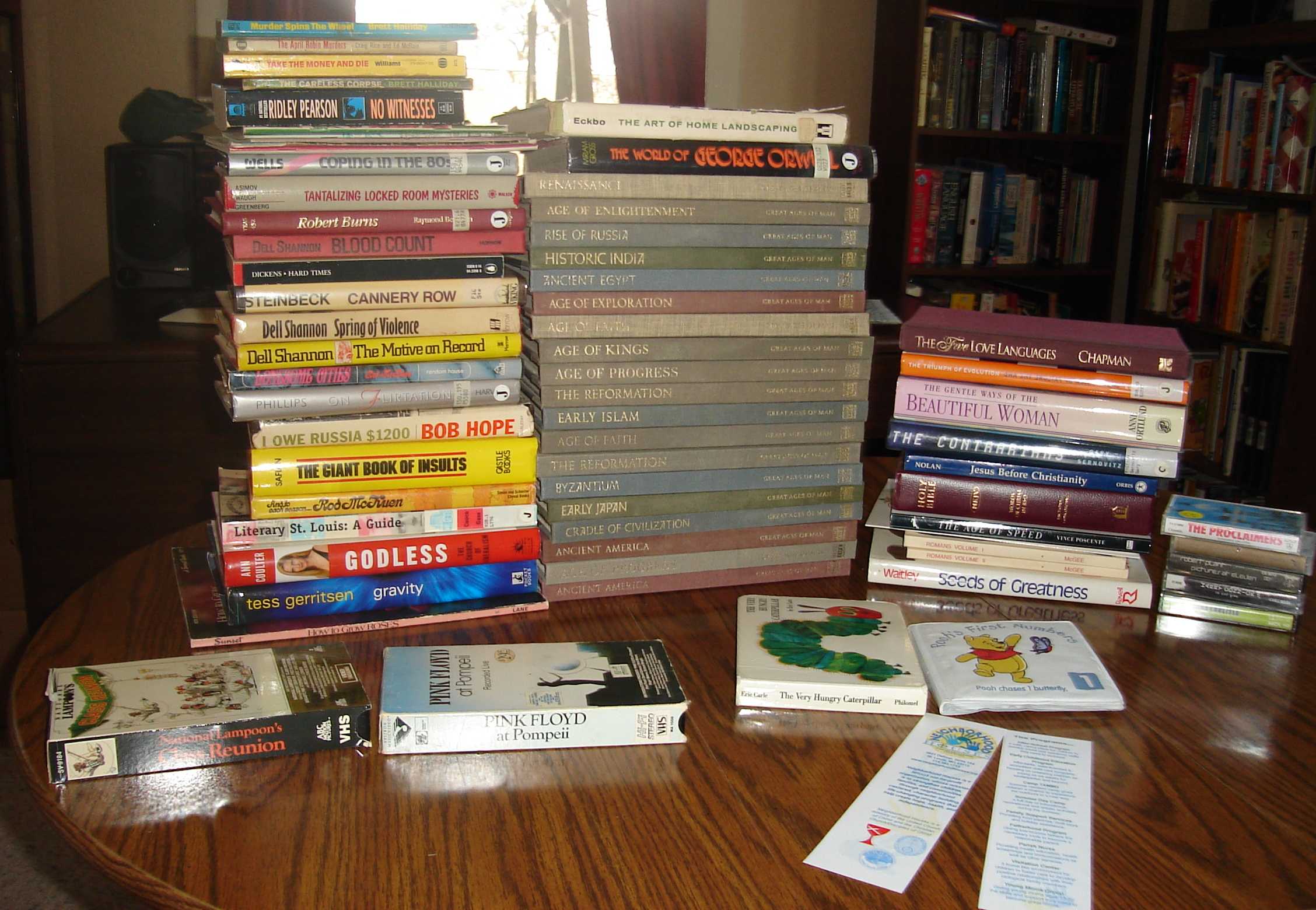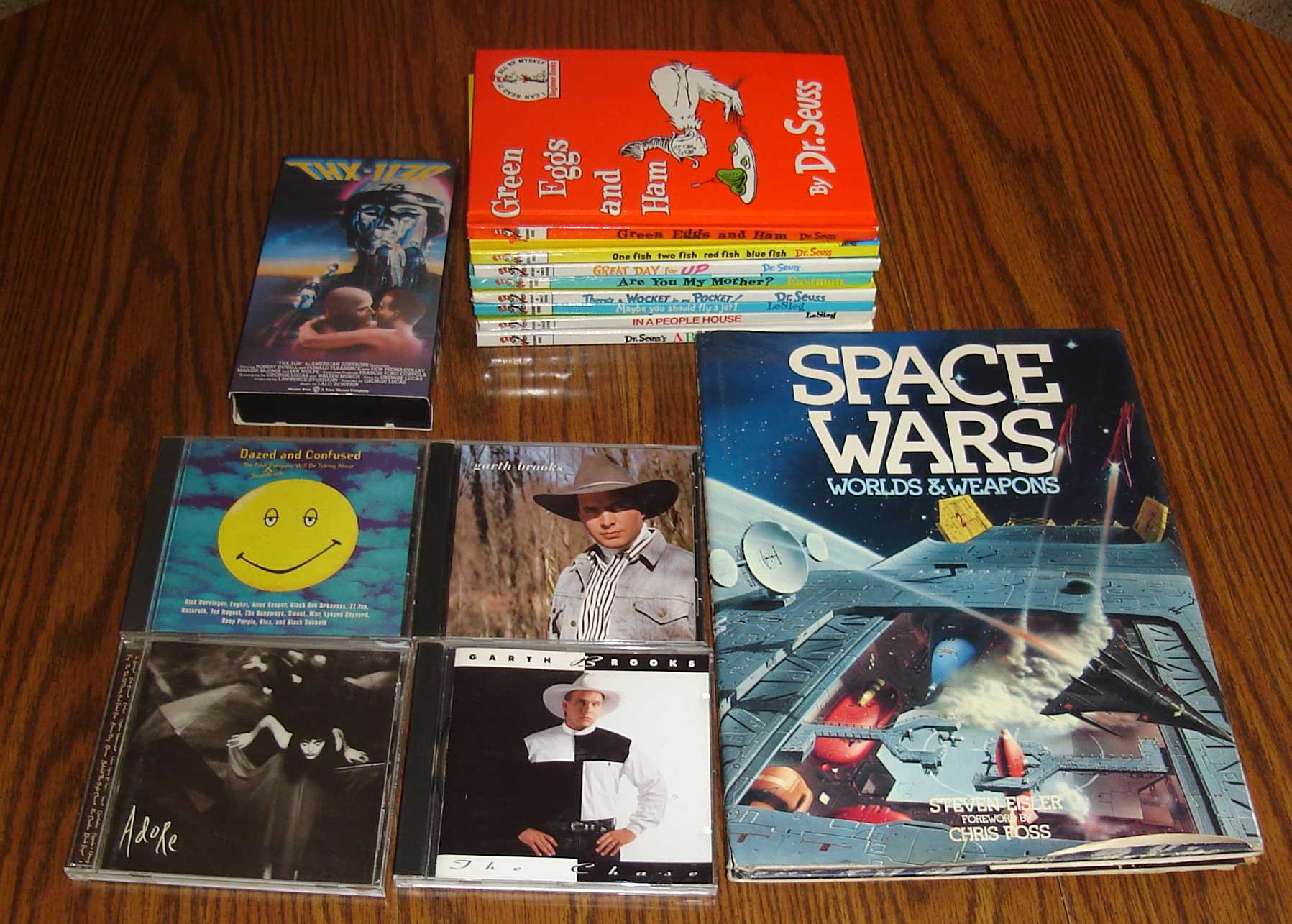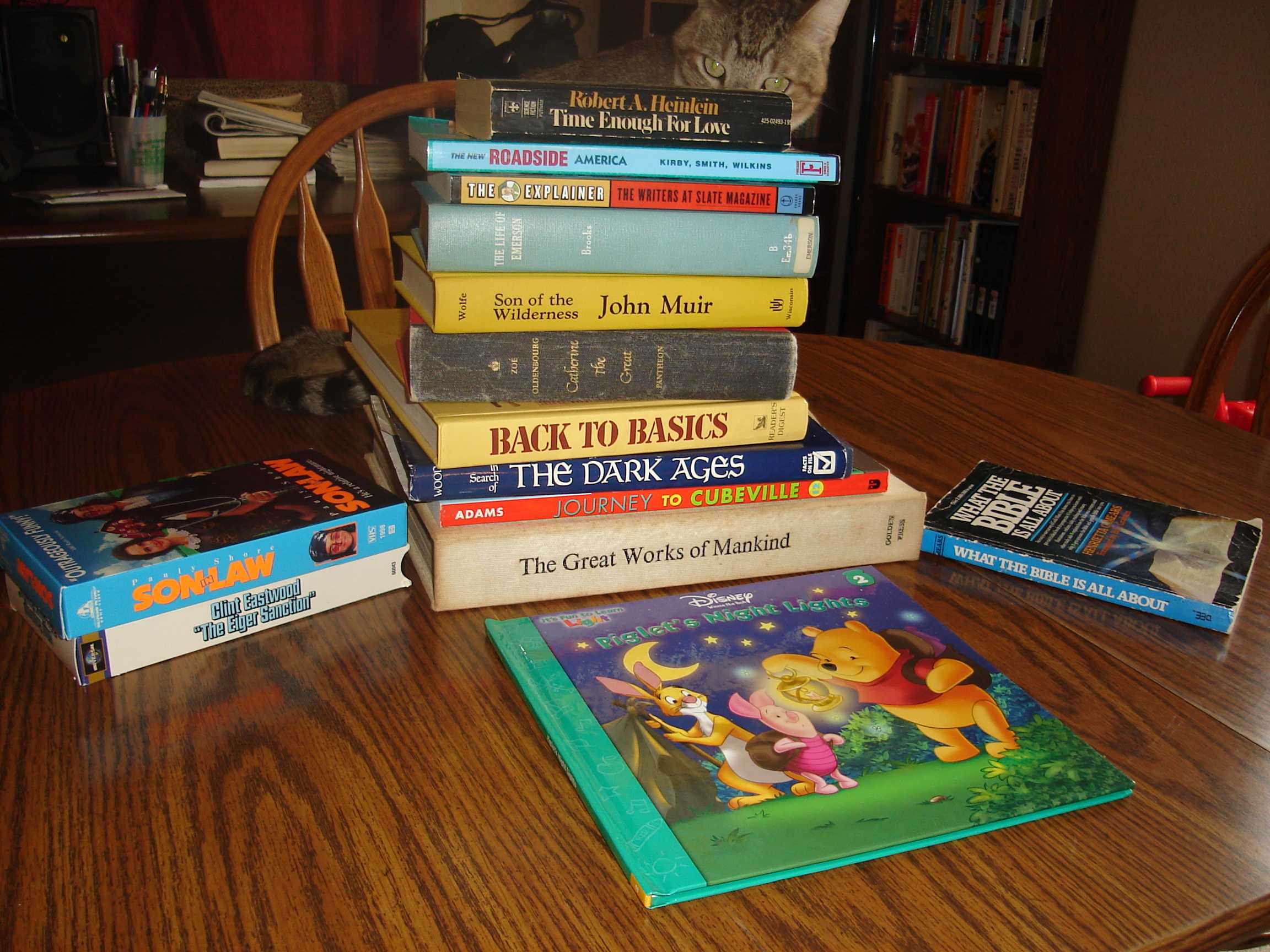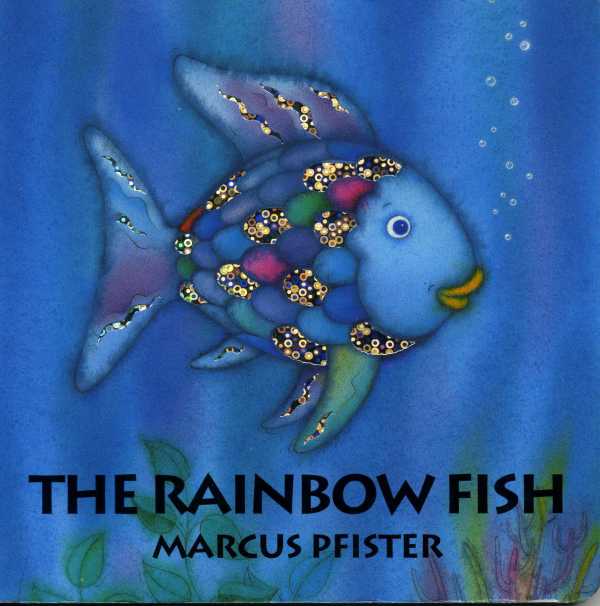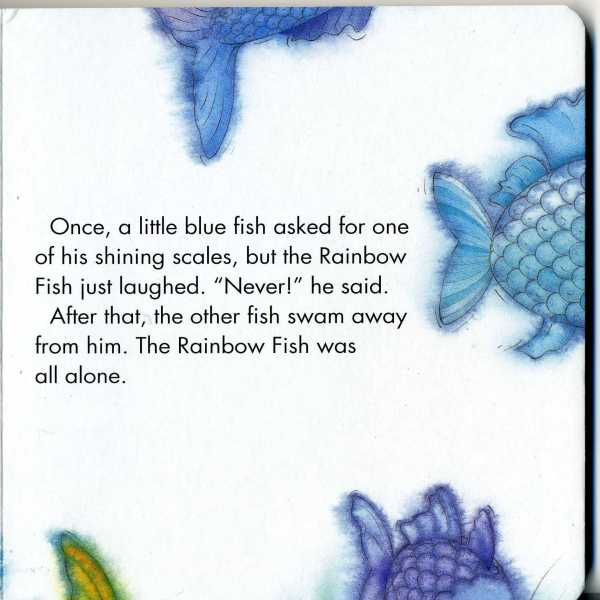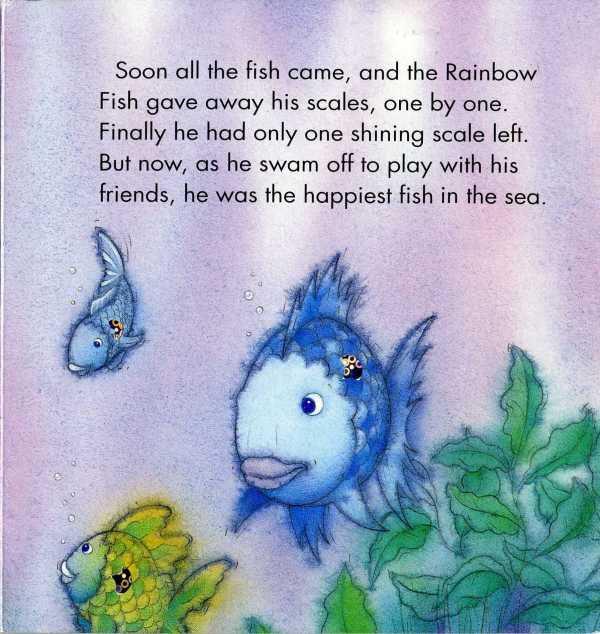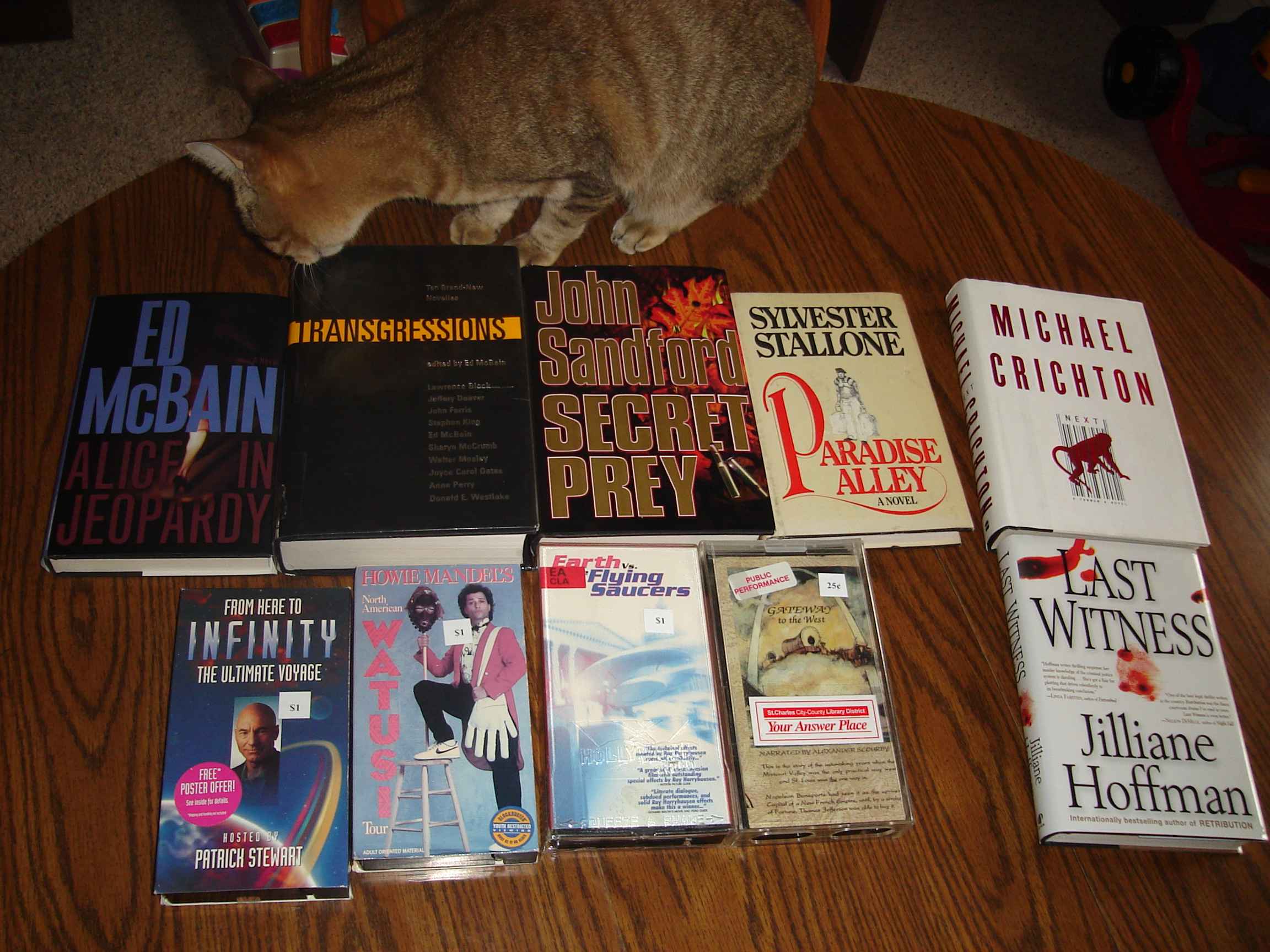I love Mike Lupica’s fiction, and this is the first of his nonfiction I’ve tried. Its subtitle is “How Sports Got Away From The Fans And How We Get It Back”. I read it over the course of two nights, and each was different.
I read the most of the book on the first night, and I almost felt like I’d been plagiarizing Lupica’s points about sports since he wrote it in the middle 1990s, and I hadn’t cared enough to make points until after 1999 or so. Still, he lays into the owners who don’t understand the sport, city “leaders” that give rich owners what ever they want just to attract/retain a sports team for the prestige it gives the city and themselves, the players who are out for themselves at the expense of the sport and the fans, and the fawning media that offers little but rah-rah coverage and machismo posturing from its jock-wannabes sports reporters. So I was really into the book.
On the second night, I got further into it and into some solutions. First, though, we have the problem of all the white people in attendance at the sporting events when most of the athletes are black and Hispanic. All righty then, I thought we’d covered that with the expensive nature of sporting events, but Lupica needed another chapter, so he introduces with a Bryant Gumbel bit about showboating as cultural and then goes into some sort of racial overtones of his own. And then he offers as a megasolution a consumers’ watchdog group for sports fans headed by Ralph Nader (this, remember, is when he was a semi-obscure consumer advocate before he became a semi-obscure presidential election spoiler).
Ultimately, the book is a bit repetitive at the end and really seems to want some sort of macro-level top-down solutions to the crisis in sporting, but ultimately I think that the problems inherent in the sports world are reflections of the diminishing class in the country at large. So having a special commission or board of fan poobahs along for rules changes or whatnot would really only give a set of corruptive influence to another set out people who would ultimately lack class and would act in their interest as board members instead of fans.
So my enjoyment of the book is not unqualified, but since I agree with many of the viewpoints, I appreciated seeing them represented in print by someone I enjoy reading.



